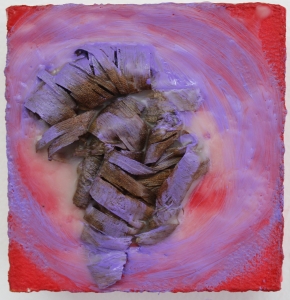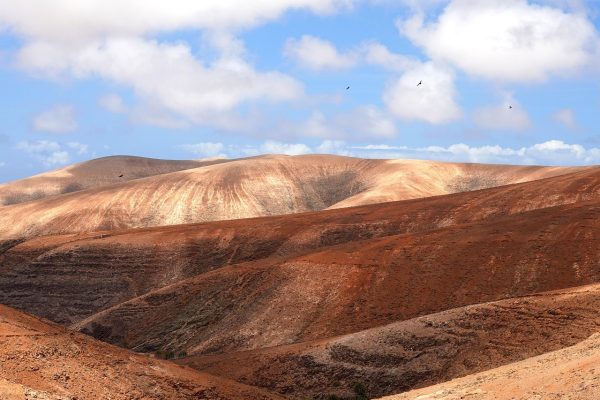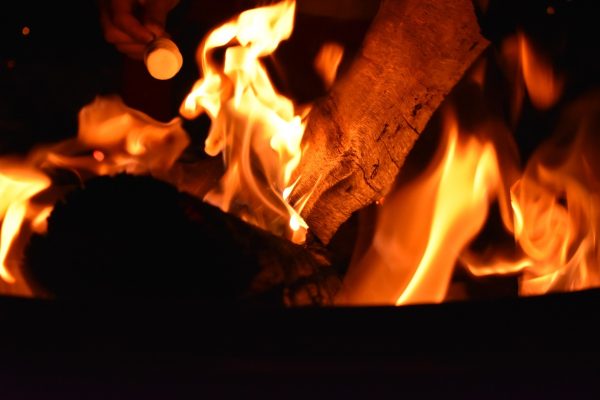Yesod sh’b’Gevurah – Grounding of Boundaries
My three-year-old son announced one day a couple of weeks ago that he wants to be a firefighter when he grows up. The following day, he told me that he’s going to be a Philadelphia Eagle. The day after that, he said that he’s going to be a superhero when he gets bigger.
Childhood can be a remarkable time—a moment of endless potential, where anything is possible, where the sky is the limit. Our options are unlimited, and we have full reign to think creatively. As we grow older, though, the responsibility of choice can at times feel like a burden. It’s sad to close the door on, say, a career in film, or a dream of becoming a world-class athlete.
But there is also value in closing some doors. Knowing that you won’t be able to go down some paths enables you to focus fully on the path as it becomes clearer to you. Defining the parameters allows you to better understand where you are situated and to make an informed decision about where you wish to go next.
Having grown up in a relatively secular home, I came to rabbinical school without much grounding in traditional Jewish practice. I wasn’t breaking away from religious expression as much as I was leaning in to deeper engagement with Jewish tradition. In my mekhinah (preparatory) year at RRC, my teacher, Rabbi Vivie Mayer, compared the learning we were receiving to a coat of primer on a wall. You don’t always notice the primer, but it is essential to the adhesion and durability of the paint. To put it another way: in order to be a successful Reconstructionist, you have to be willing to engage deeply with the thing you wish to reconstruct.
Boundaries provide an important foundation. We talk glowingly about people who color outside the lines, but we rarely discuss the important of those lines. Ornette Coleman’s free jazz, which can feel cacophonous, came from a place of deep knowledge and years of training. In order to successfully break the rules, we need to know very deeply the rules that we are breaking. The art can’t have the same impact without the knowledge that it is transgressive and revolutionary. We need to be able to see the supporting structure so that we can appreciate the freedom to riff.
Image by D’vorah Horn from her set of Omer Practice Cards (2016).












One Response
A beautiful and meaningful teaching. It is important to reach to realize our full potential. It is also important to maintain healthy boundaries. It gives definition and clarity to everything we do.